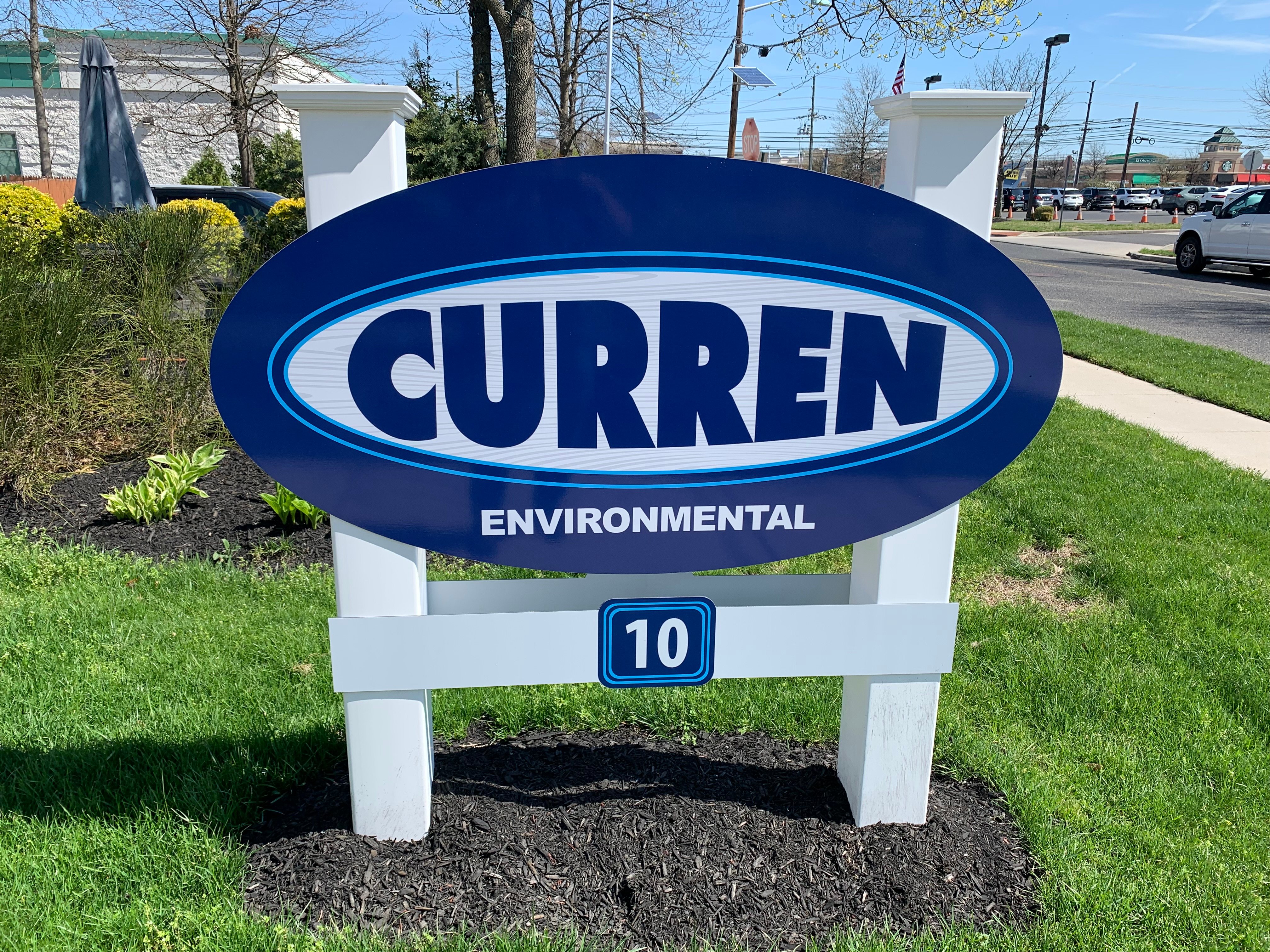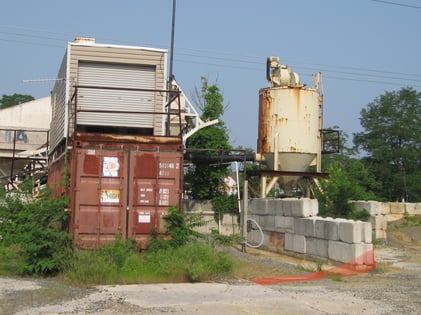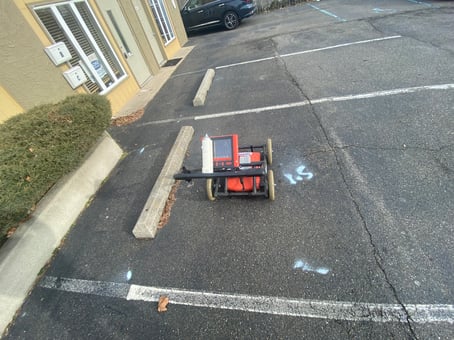What is Environmental Due Diligence?
Environmental due diligence is the process that evaluates the environmental conditions and risks associated with a property. The process can be at the request of land developers, lenders, attorneys, or private owners who intend to purchase, refinance, or occupy a property.
The rub with performing environmental due diligence in real estate is buyers spend countless hours researching properties to purchase and when the right one is found, no one wants a delay or a cause a problem.
Environmental due diligence is essential for anyone looking to buy a property, whether commercial or residential. Hidden environmental liabilities are a massive problem you can face when purchasing a property that has not been evaluated for environmental due diligence; before making any large real estate transactions, make sure to understand the importance of this process.
When Is Environmental Due Diligence Required?
Lending institutions typically require environmental due diligence before they will finance a real estate purchase, refinance an existing loan, or accept collateral for a construction loan. If a cash buyer is involved, it is up to them to decide if a Phase I or other form of due diligence is necessary.
Who Benefits from Environmental Due Diligence?
Anyone purchasing a property can benefit from environmental due diligence, even if a lending institution is not involved in the sale. The process reduces the chances of someone purchasing real estate inheriting ecological concerns created by the former owners, it also provides an essential legal defense should issues arise. Buyers get to know if there are environmental issues. Sellers, although they typically would prefer a buyer not do due diligence, can avoid liability after the sale in the event contamination is found when a Phase I was not performed. Lastly, lending institutions ensure that their loan is protected from contamination that can diminish the value of the asset. A million-dollar property with a $400,000 cleanup is not worth 1 million dollars.
How Does Environmental Due Diligence Protect You?
Suppose environmental due diligence is performed before purchasing a property. In that case, the purchaser can gain protection from being held accountable for any pre-existing contaminations on the land according to the Comprehensive Environmental Response, Compensations, and Liability Act provisions. If this process is not completed, the new owner can be held responsible for repairing the contamination.
Buyers can also avoid being hit with the cost of environmental cleanup. After completing tens of thousands of property transactions, the cleanup of sites is most commonly found when the current owner was lax in performing any environmental due diligence. There are many properties that are being sold or planned to be sold that have been held by the owner for a number of years and they never did any environmental assessment of the property.
What Does the Comprehensive Environmental Response, Compensation, and Liability Act (CERLCA) Require?
CERCLA establishes the process of determining who is liable for any hazardous substances on a property. Any property owners who are found to violate environmental due diligence can have to pay fines and fix the issues are their own expense, even if they aren’t responsible for the original contamination. Merely owning a contaminated property is enough to make you liable in the eyes of the law; this is why environmental due diligence is so necessary.
What is common Environmental Due Diligence?
The most common environmental due diligence is performing a Phase I ESA. Phase I is an investigation into past and current ownership and uses of a property to assess the potential existence of hazardous substances or petroleum contamination on, in, or at a property. It will even look at neighboring properties to see how they can affect the target property. A Phase I ESA investigation is purely research and a site visit. There is no testing during Phase I because you don't know if you have to test a site until Phase I is completed.
There is a level of service you can expect from Phase I as they must be completed by an “environmental professional”. The goal of the Phase I ESA is to identify recognized environmental conditions (“RECs”) that may affect the property or trigger liability for the buyer and determine whether further due diligence in regard to the RECs is appropriate. Further evaluation can be Phase II or Phase III. More about a Phase II & III can be found here Phase II, Phase III
A great resource with questions and answers regarding Phase I's can be found below.
Due Diligence Questions? Call the Experts
888-301-1050




